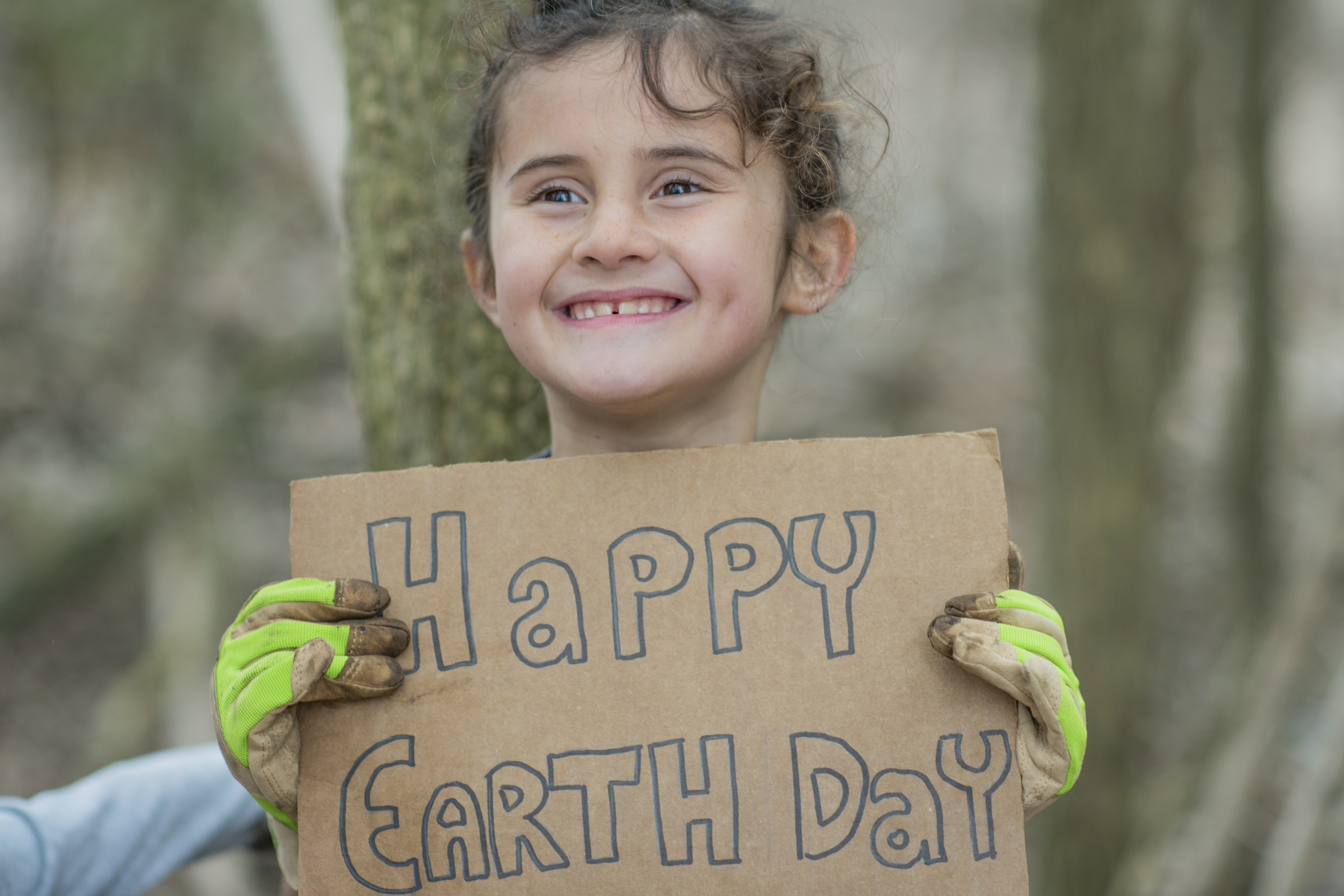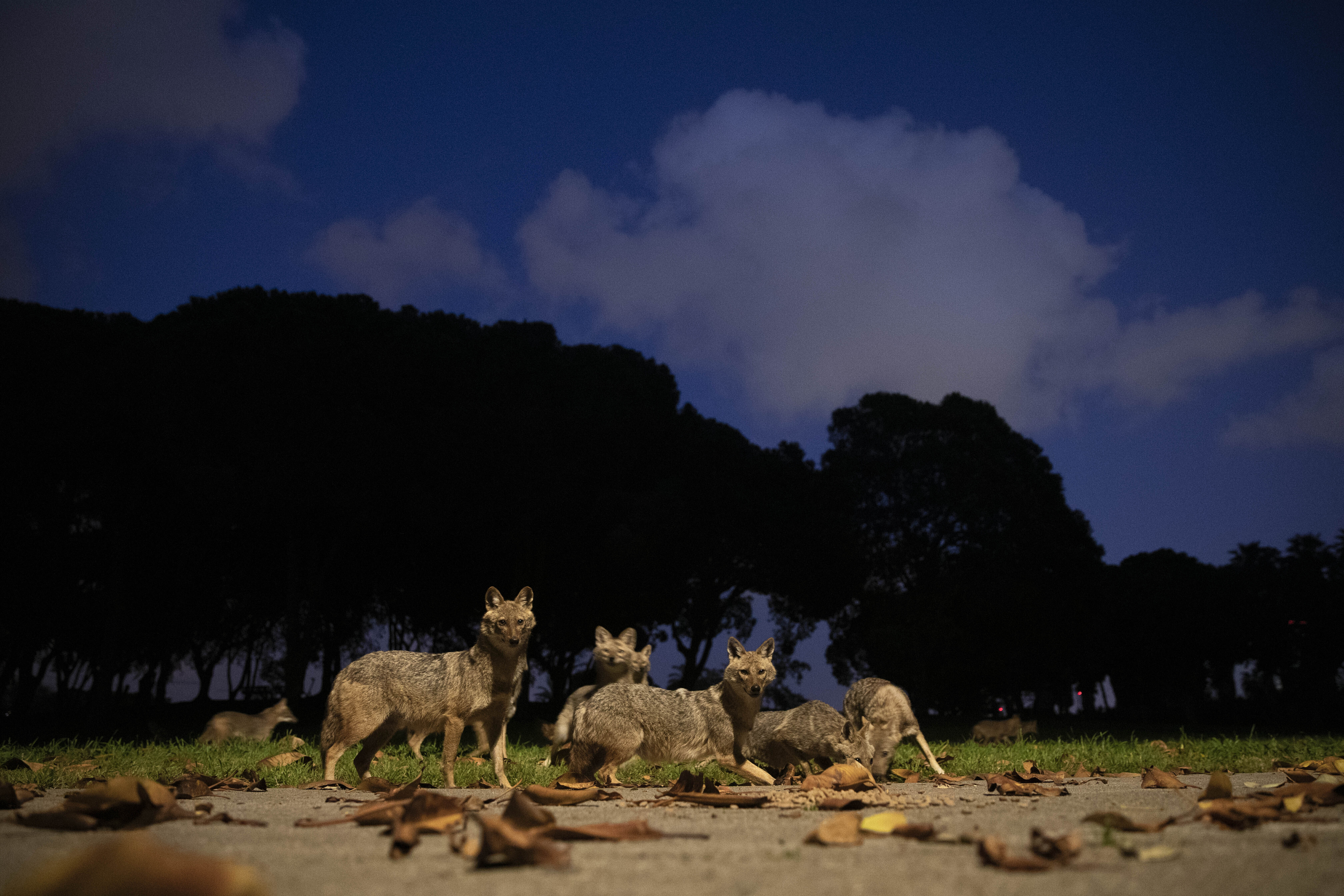Breathe it in. With fewer cars on Bay Area roads during the coronavirus pandemic, the region's air is cleaner.
The Bay Area Air Quality Management District used a model that estimates traffic is down by 70%. Based on that, carbon dioxide emissions are down by 26%. Nitrogen dioxide, another harmful pollutant, has dropped by 38%. Fine particulates in the air, which are often found in wildfire smoke, have plummeted by 20%.
Environmental journalist Alan Weisman is the author of a book named “The World Without Us,” which imagines how the earth would react should a virus wipe out the human race.
“Nature will rush in once humans are not there trudging about,” he said.
Weisman said the stay-at-home order is giving people a preview of how Mother Nature adjusts when drastic action is taken.
“It's causing a lot of people to think, ‘Wow, there’s got to be a way that we can keep this when we finally get to go back to work,’” he said.
The cleaner air Bay Area residents are breathing might be a temporary thing. Weisman fears once economies begin to ramp up, all the environmental progress will get wiped away.
“Right now it feels like an existential threat, but behind it is lurking a much more serious existential threat and that is the threat of climate change,” he said.
Weisman hopes the coronavirus pandemic is a wake-up call for the world’s biggest polluters to create a more sustainable economy that works for both people and the planet.
“An economy based on non-carbon based fuels could be a robust economy and a healthy economy at the same time,” he said.
In the meantime, with most people staying at home these days, wild animals appear to be taking advantage of the lack of humans out and about.
Scott Oller of San Francisco happened to be hanging out at a beach near the Golden Gate Bridge when he spotted a coyote sauntering on the sand.
“The coyote kind of scampered down to the beach and I kind of backed up and gave it some room,” he said.
Oller whipped out his phone and snapped a photo, capturing a rare natural moment made possible by the stay-at-home order.
“It’s been really cool seeing stories of wildlife kind of taking back the wilderness and taking back the world,” he said.



